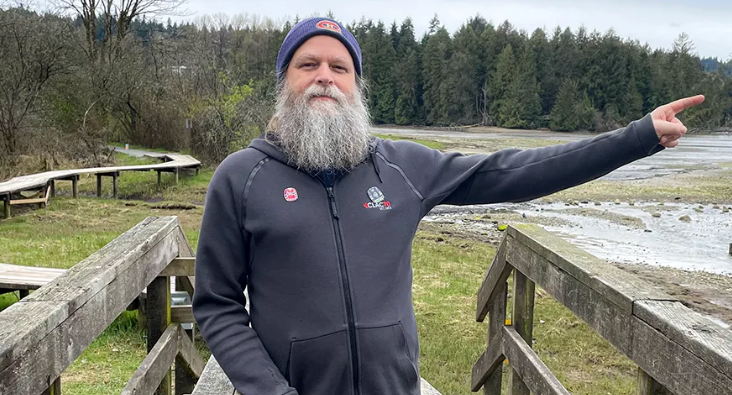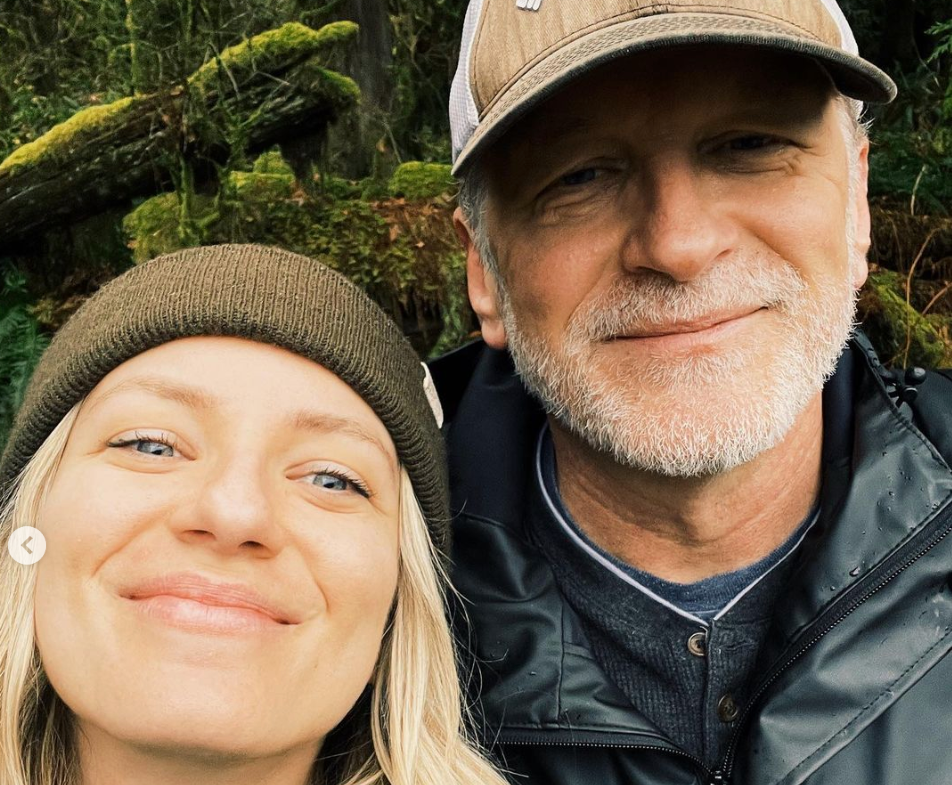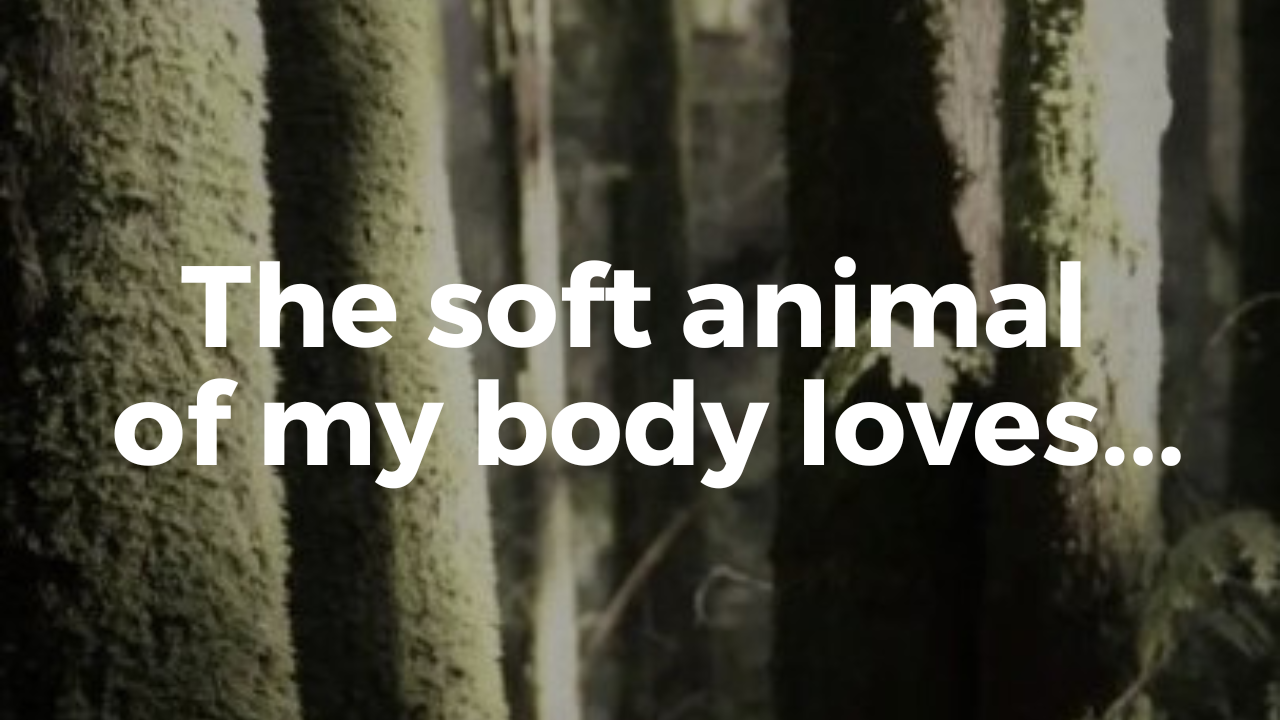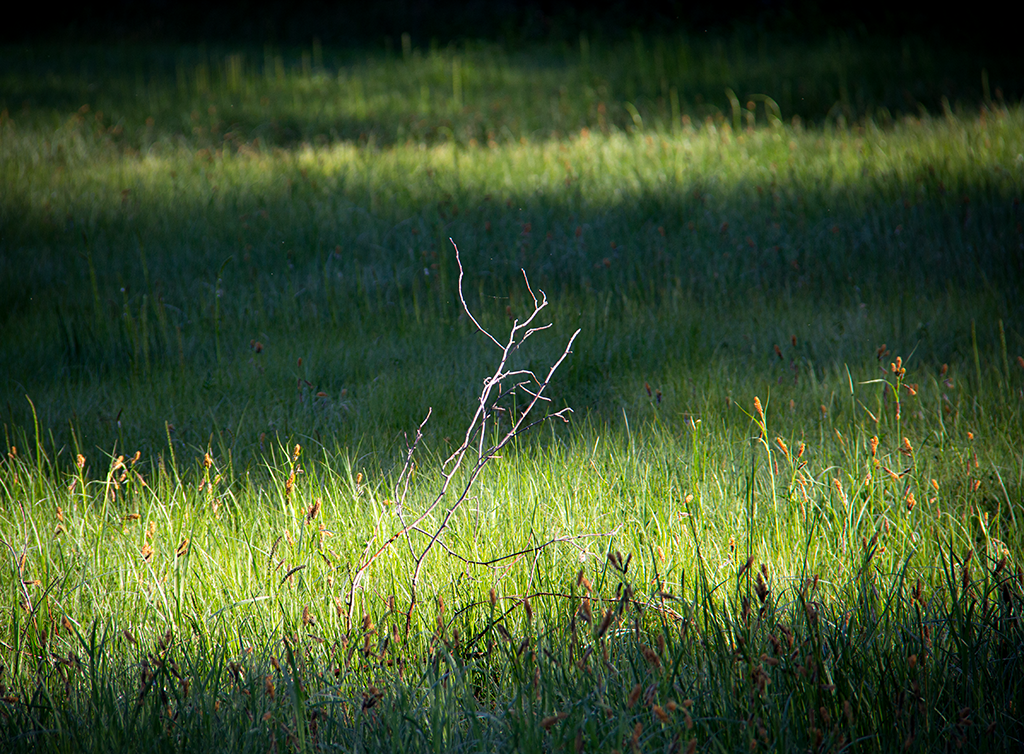Four Things I Am Learning About Detachment

“In whatever state we may find ourselves, whether in strength or in weakness, in joy or in sorrow, to whatever we may feel attached, we must renounce it.” —Meister Eckhart, sermon on Luke 1:57
For a period in my life I used to go to a particular place in a park not far from my house to meditate and pray. It was the beginning of a practice that I continue to practice to this very day, although this post is about a time when I took a break. I went out this morning as a matter of fact and enjoyed the beautiful Spring weather that finally arrived after months of constant cold weather and rain here on the West Coast of Canada.
Back in the day, twenty years ago, the particular place I would go to was off the trail and overlooked an uncultivated pond. It was a bit of a swamp really, but nature is nature and the trees surrounding the pond with sunlight streaming through their branches were magical. I probably went there to meditate and pray for about two and a half years until
I got the sense that it might be a good idea to stop for a while.
The sense was that I had become too attached to doing what I was doing.
I realized that stopping my visits to the park for prayer and meditation was an intuitive decision. I surrendered to the sense and stopped going. Surrendering to this inner voice taught me a few things about detachment at that time.
Lesson One: Prayer and being aware don’t have to take place at a certain place, or time, or in a certain way. In letting go of this activity at the time, I was able to more fully embrace being present no matter where I was or what I was doing
Side note:
Have you noticed that some of the most respected non-dual teachers like to emphasize being present and aware throughout your day over and above specific times of meditation and prayer. They are definitely not against meditation and prayer, and people like Jesus certainly modeled it, but the place, length of time, and method seem to be secondary.
With Jesus, his disciples almost had to pull a lesson on prayer out of him. They were like, “hey, we know you pray a lot; could you maybe tell us what to say?” Only then does he teach them “The Lord’s Prayer.”
As I’m writing this I’m thinking that maybe we’ve become a little too attached to the Lord’s Prayer too, and that the best prayers, if I may say that, are the ones that we don’t memorize and come from our hearts like “Oh God, please help me!” Or, “Oh God, please help them.” But don’t get attached to this thought or prayer either!
Lesson Two: It sounds ridiculous to even say it, but I learned to let go of my identity as a person who prays and meditates regularly outdoors. It was my ego that was taking pride in it, wasn’t it?
It may not seem like a big deal, but as someone who practices contemplation I have seen that one of the most transformative things I can do is to be aware when my ego, or what I label as ego is in charge, or is the motivation for what I do. Thomas Keating used to emphasize the need to purify our intentions, allowing us to show up as nothing but Presence and Love, which is way easier said than done.
Wanting to be recognized for regularly meditating and praying outdoors is a little strange to begin with, and not based in love. Taking a break helped me to become aware of that.
3_ Not putting all my eggs in one basket, so to speak, freed me to be more open to the ebb and flow of life. This is overstating my situation at the time, but just for sake of an example, if I would have said, “I HAVE TO pray and meditate in the park beside the swamp and think that there were no other options, that would have blocked me from seeing other options. I can remember after choosing to take a break from meditating in the park actually coming up with different options like getting up before my family to meditate in my living room, or prayerfully walking around my neighbourhood, or exercising my choice to be okay with not meditating at all!
Detachment is an inner act of freedom.
Whenever I let go of something that I think will bring me happiness I create a space to experience real peace and joy as I become more present to myself and others. In the case of meditating in the park I had thoughts and feelings that
I had to go there
and that my happiness depended on it that day. And you know what, I was a little happier when I went there, but the freedom and peace of not having to go there eventually superseded my desire to go there and meditate and pray.
I know this isn’t the best or most profound example, but I hope you’re getting the point; practicing detachment from the temporal things in life that you think will make you happy will actually lead to a deeper inner peace and joy.
We’re free to still do temporal things that we think will make us happy; we just let go of the expectation that they will do so. Even today as I write this, I’m finding letting go of expectations to be so helpful and peace giving.
4_ Detachment leads to what the Buddhists call “right action” or “surrendered action.” When I realize that certain stories are making me unhappy, I release the unnecessary baggage I tend to add to things. This creates a healthy conscious space and leads to “right action” naturally occurring.
Questions:
What are you clinging to that you believe will make you happy? (Ask yourself this regularly. It can be profound!)
As you read this, did something surface for you that made you wonder if you would be happier if you let that particular thing go?
Be open to a nurturing next step. What do you really need?










